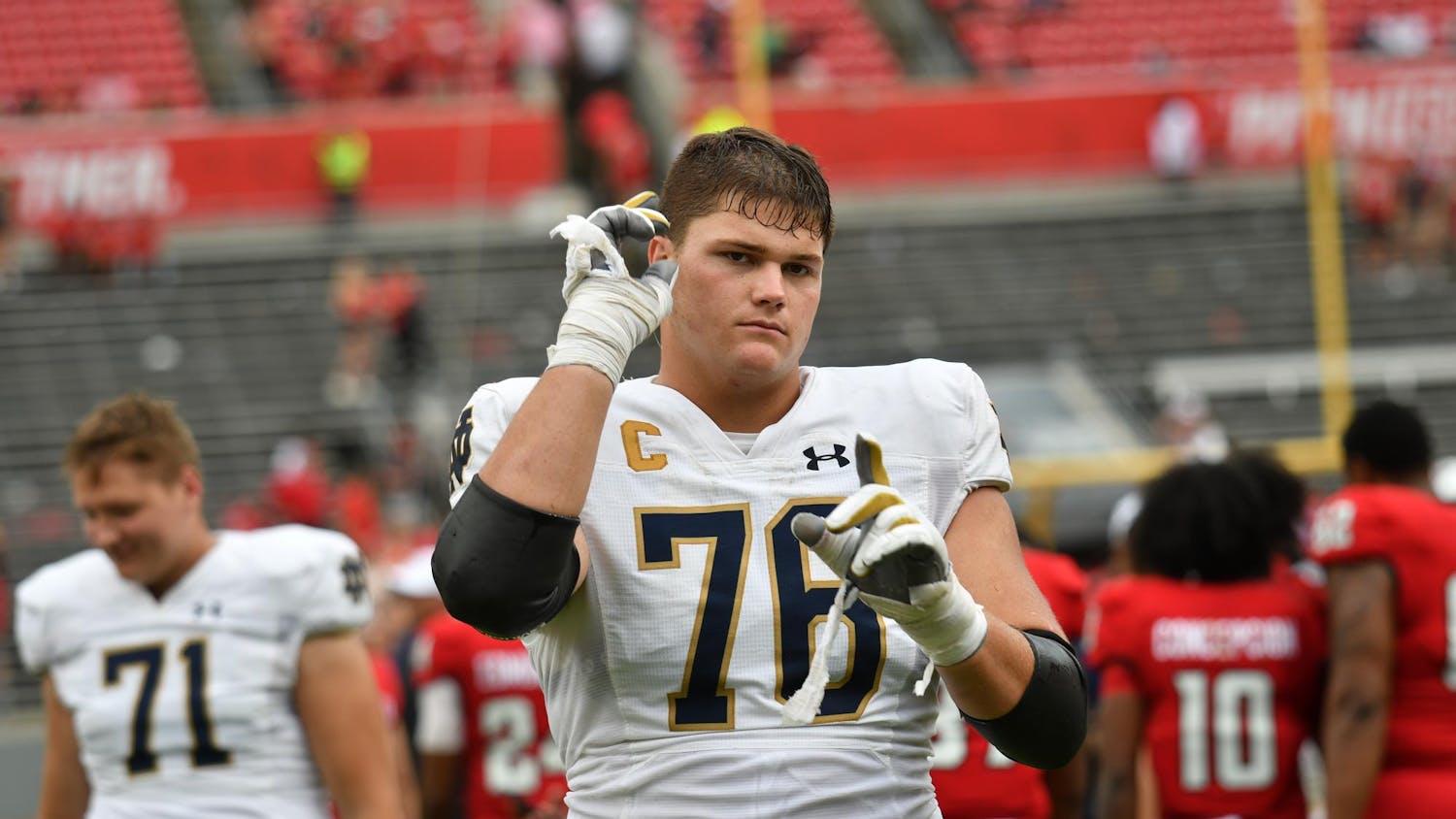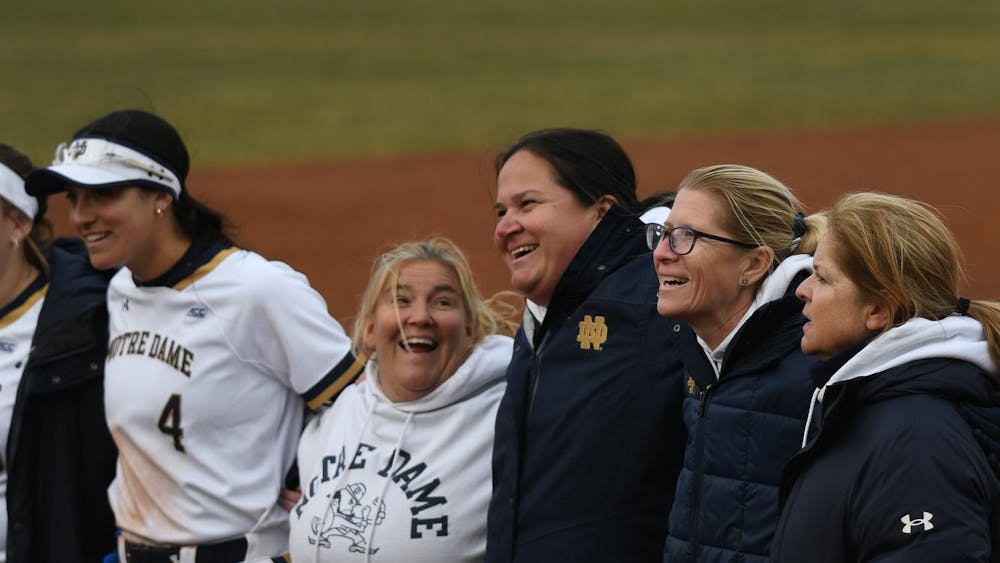If you paid very, very close attention over the weekend and looked past the football games and through the NFL’s latest repugnant news stories, you might have heard that the U.S. won gold at the World Cup.
That is basketball, just to clarify for anyone who was focused on other stories for the last couple of weeks. The U.S. crushed its opponents in each of its nine games, winning by an average of 33 points, on its way to a second straight FIBA gold medal. This was America’s youngest team since NBA players were allowed to play internationally in 1992, and they silenced all the critics and pundits who doubted their ability to go to Spain and get the gold.
It was a great American triumph ... but no one in America seems to care. News of the victory was lucky to stay on SportsCenter for a 24-hour news cycle. America’s closest game, which was against Turkey, attracted the attention of less than half a percent the country, according to Nielsen. I think this is especially crazy in light of this summer’s FIFA World Cup. Soccer had Americans filling stadiums to watch games on TV and basketball couldn’t get people to watch from their couch? What? Throughout the year, basketball is way more popular than soccer amongst American fans. So what gives? What do we learn from looking at these two very different World Cup tales? Here’s what I took away.
Winning isn’t everything
I used to tell people that the reason Americans don’t care about soccer is because we aren’t the best at it. We’re the same people that didn’t care about cycling until Lance Armstrong was winning seven Tour de France titles in a row. We don’t care about swimming until national pride is on the line at the Olympics. Really, most Olympic sports we don’t care about at all except when Americans win them.That narrative doesn’t work here. All the evidence shows that Americans would rather watch USA soccer desperately fend off Belgium, Germany and Ghana than dominate Finland, Turkey and Serbia in basketball. So, it’s not about winning.
It’s about the journey, the fight and the drama. Americans — myself included — do not just want to see NBA players coldly stomp on overmatched international teams. We want to see an underdog U.S. team take on the odds and try to do the impossible. We are the nation that loves Rocky, Rudy and the 1980 Miracle on Ice. It’s not about winning, but the drama of the fight towards that victory. The FIBA World Cup depressingly lacked fight of any kind.
The NBA is better than the MLS
The FIFA World Cup is the highest quality of soccer that American fans will see on a regular basis, but the FIBA World Cup does not stack up with the NBA. The FIFA World Cup is a welcome respite from the MLS, while the FIBA World Cup is seen as a liability for players that have ‘real’ basketball in just a couple months. The NBA provides Americans all the basketball they need, and they see no reason to tune in to a tournament with inferior officiating, shorter three point lines, weirdly colored courts and lower stakes.Lack of Superstars
The best part of international basketball for America is supposed to be the idea of a "Dream Team." Yet, the main drama surrounding this World Cup was the question: Is it worth risking Paul George’s leg, Derrick Rose’s knees and other stars’ health just to win the World Cup? Ronaldo, Messi and Neymar wouldn’t think twice before suiting up for their World Cup, but LeBron never considered being on this team, and Kevin Durant and Blake Griffin backed out. If even the players are not buying into the incentives of the FIBA World Cup, it is hard to fault American fans for tuning it out.Scheduling
In fairness to FIBA, sometimes viewership is just an issue of timing. The FIFA World Cup was not trying to win viewers away from an NFL Sunday. Americans were happy to watch soccer in the sports wasteland of summer, but would the same masses tune in if two NFL games were on and their Fantasy Football alerts were going off? If FIBA wants to imitate FIFA’s recent success in America, their scheduling needs an overhaul.At the end of the day, FIBA is likely not that worried. Basketball is the world’s second most global game and the FIBA World Cup is popular in other countries. Still, as the results show, the U.S. is still the epicenter of all things basketball and if FIBA wants to grow and develop, they need to figure out how to grab America’s attention. If soccer can figure it out, anything is possible.













